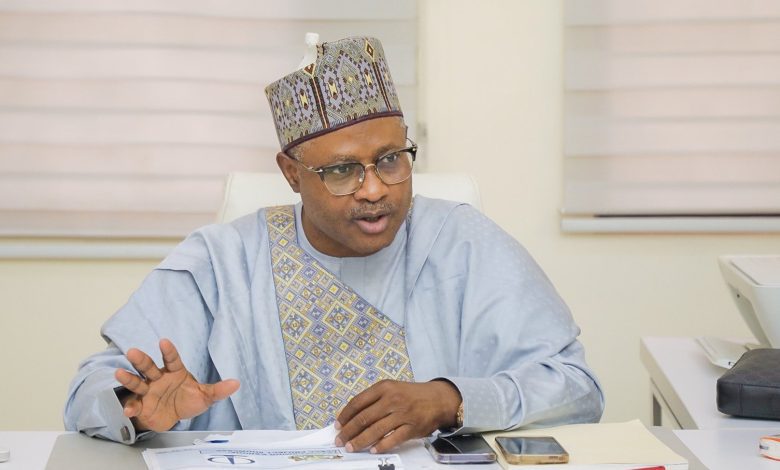The Kaduna Electricity Distribution Company (KEDC) found itself embroiled in a bitter industrial dispute following the dismissal of a significant number of its employees, triggering a strike action that plunged Kaduna State into darkness. The Nigeria Labour Congress (NLC), a prominent workers’ rights organization, vehemently condemned the mass sacking, accusing KEDC management of violating workers’ rights and flouting due process. The NLC characterized the dismissal of what it believed to be over 900 workers as an act of aggression and rallied support for the protesting KEDC employees, commending their peaceful conduct despite alleged provocations. The union demanded the immediate reinstatement of all sacked workers and urged its affiliates in Kaduna to join the protests in solidarity. This set the stage for a tense standoff between the electricity company and its workforce, with the NLC throwing its full weight behind the aggrieved employees.
The resulting power outage, spanning four days, prompted the Kaduna State Government to intervene, mediating between KEDC management and union representatives. Deputy Governor Dr. Hadiza Balarabe expressed grave concern over the blackout’s detrimental impact on homes, businesses, and public safety, imploring both parties to swiftly resolve their differences. The intervention highlighted the severity of the situation, transforming a localized labor dispute into a state-level crisis. The government’s involvement underscores the vital role of KEDC in providing essential services and the far-reaching consequences of the prolonged power outage. This added a layer of complexity to the already tense negotiations, with the state government now acting as a key stakeholder in the resolution process.
At the heart of the dispute was the stark contrast between the union’s and KEDC’s accounts of the layoffs. While the NLC maintained that over 900 workers were affected, KEDC management initially claimed the number was 444 and later revised it to 450. This discrepancy in figures fuelled mistrust and further complicated the negotiations. The National Union of Electricity Employees (NUEE), while not fundamentally opposed to downsizing, insisted on a transparent process that respected workers’ rights and guaranteed the payment of all entitlements. This nuanced position signaled a willingness to negotiate, but also a firm commitment to protecting the interests of its members. The diverging narratives regarding the scale of the layoffs and the union’s insistence on a fair process added layers of complexity to the dispute, making a swift resolution more challenging.
KEDC management, represented by Managing Director Malam Umar Hashidu, defended the layoffs as a necessary measure to ensure the company’s survival and long-term sustainability, citing operational losses as justification. This argument pitted the company’s financial health against the livelihoods of its employees, creating a difficult balancing act for mediators. The conflicting priorities of maintaining essential services, ensuring the company’s viability, and protecting workers’ rights formed the core challenge in finding a resolution. The justification of financial necessity, while potentially valid, failed to assuage the concerns of the workers and the NLC, who viewed the layoffs as unjust and heavy-handed.
Beyond the immediate issue of the layoffs, the strike also brought to light other long-standing grievances of KEDC employees. These included non-payment of pension to retirees, inadequate provision of work tools, lack of promotions, and the non-implementation of the 2024 National Minimum Wage. These accumulated grievances, festering beneath the surface, amplified the workers’ discontent and added fuel to the ongoing strike. The inclusion of these broader issues broadened the scope of the negotiations, requiring a more comprehensive solution to address the underlying causes of the workers’ dissatisfaction. The strike thus evolved from a protest against layoffs into a broader struggle for improved working conditions and fair treatment.
The mediation efforts by the Kaduna State Government culminated in a commitment to further talks involving a third party, signaling a recognition of the need for external intervention to break the deadlock. This decision suggested that the initial round of talks had failed to bridge the significant gap between the two sides. The involvement of a neutral third party offered a potential pathway towards a more objective assessment of the situation and the development of a mutually acceptable resolution. The commitment to further dialogue, while not immediately resolving the crisis, provided a glimmer of hope for a eventual settlement and the restoration of power to Kaduna State. The ongoing dispute underscored the delicate balance between the rights of workers, the needs of businesses, and the crucial role of government in mediating such conflicts.














